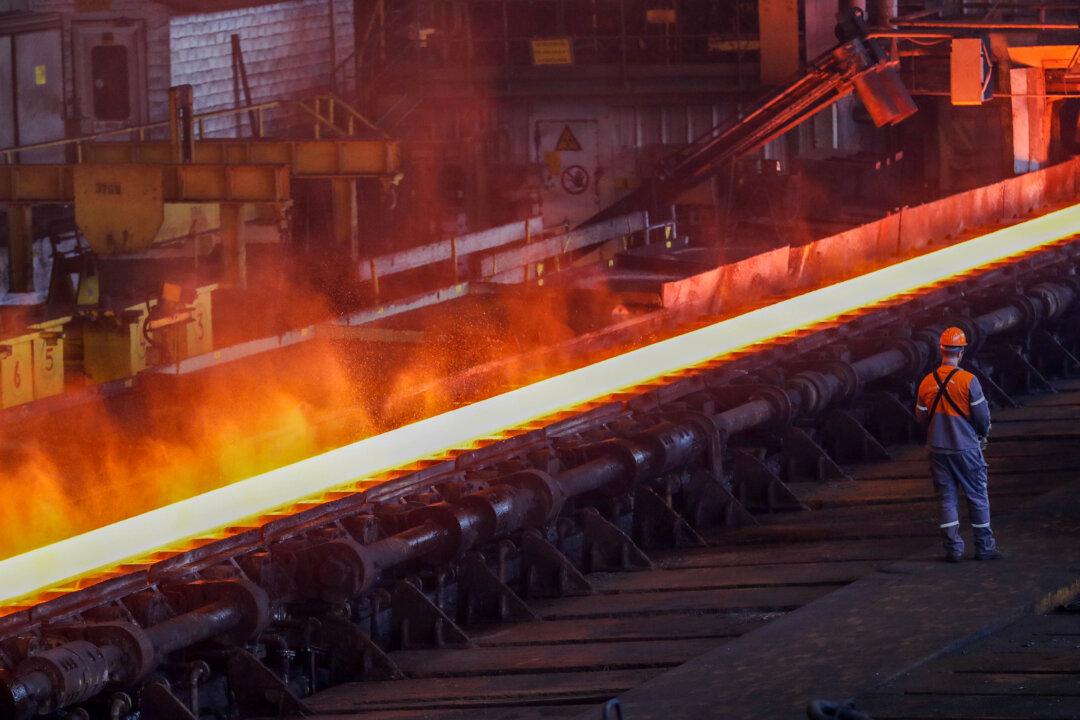The United States imposed tariffs on steel and aluminum imports from the European Union, Canada, and Mexico effective on June 1.
The White House has already imposed a global tariff of 25 percent on steel and 10 percent on aluminum imports in March, but temporarily exempted the duties for Europe, Canada, and Mexico. The exemptions expired as of midnight May 31.





